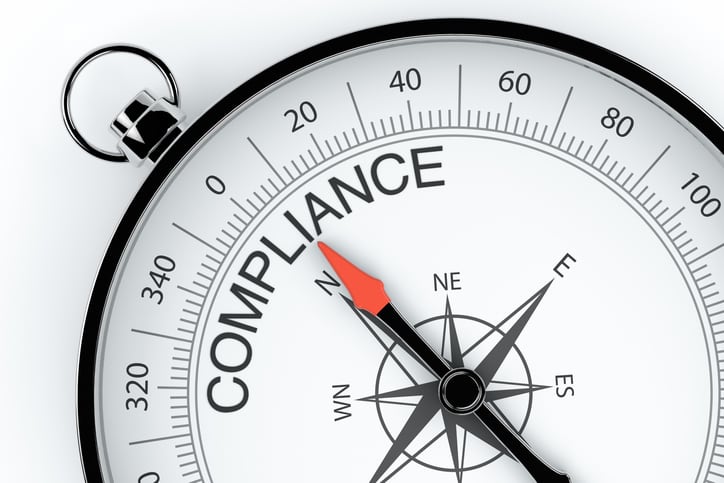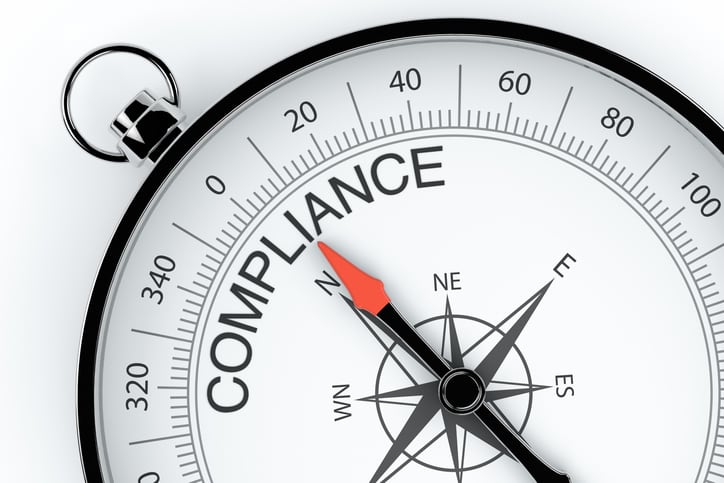Between 2014 and 2021, the number of GSCOP-related (Groceries Supply Code of Practice) issues reported by suppliers fell year-on-year from an eyewatering 79% to 29%.
In more recent years that number has crept back up, hitting 35% in 2022, 36% in 2023, and then 33% in the 2024 survey. The most recent survey has seen a small improvement, at 30%.
‘There’s a lot more GSCOP can achieve’
While this year shows a second year of compliance improvements, David Sables, CEO of Sentinel Management Consultants, contends that compliance has, overall, worsened across the current adjudicator’s, Mark White, tenure.
According to Sables, since White came on board in 2020, the majority of GSCOP issues have been a result of two major problems: the cost-of-living crisis and Amazon.
“Whilst the recovery on issues is fantastic and evidences a lot of GCA background work, these issues would have been containable with a code amendment on CPIs and an earlier tough stance on Amazon. The GSCOP is only as good as its Adjudicator,” he said.
With 41% of suppliers saying they will still not consider reporting issues to the GCA (a figure which has remained flat since last year), Sables believes there’s a lot more GSCOP can achieve.
“The excellent recovery on issues in the survey distracts from an underlying concern that suppliers are disengaging, with awareness of confidentiality, understanding of GCA role and GSCOP training all in significant decline for the first time,” he continued.
“Nobody sees the GCAs ongoing work in monthly retailer CCO meetings and the like, so a high-profile case is needed, or the code will stall.”
Amazon and the GCA
Amazon, which first came under the jurisdiction of the code in February 2022, has been a repeat offender in the GCA annual survey; and Sables contends that the company has been ‘allowed’ to get worse.
In the GCA 2024 survey, less than half of Amazon’s suppliers reported that they believed the retailer adheres to GSCOP, with its compliance score dropping to 47% – a 12% tumble from 2023. Meanwhile, other retailers averaged 91% compliance.
Earlier this month, the GCA launched a targeted investigation into whether Amazon broke a section of the code focused on payments.
“Amazon has always been one of the highest cost to serve customers within FMCG,” Jonathan Kittow, managing director at Simply Supply Chain, told Food Manufacture.
According to Kittow, this is due to the relatively low volumes of sales and the high levels of administration required to manage the account, from product catalogue to claims for short delivery and stringent delivery requirements. In turn, this triggers a high level of chargebacks (fines), but with minimal access to Amazon resources to discuss, mitigate or resolve any issues.
The GCA investigation follows evidence the watchdog received from a range of sources, with suppliers ranking it as the worst complier in its latest survey. To put this into context, scores for other UK retailers ranged from 91.06% (Lidl) to 97.76% (Waitrose); while Amazon scored just 66.42%.
This was an improvement from last year’s score (47%), but it’s not been a strong enough turnaround to push Amazon from its last place position.
Offering further context to the investigation, Kittow explained that the majority “causes of potential breach result from Amazon’s Receive processes”.
He explained that many of its processes (e.g. goods in, storage, etc.) rely on sophisticated product recognition and reconciliation systems. However, there is no full check at the point of delivery, unlike most other GSCOP retailers. This results in many instances where the recording quantity received changes over the course of days and weeks.
“The difference triggers a claim, which is often unsubstantiated, and even where suppliers dispute the claims many are refused, resulting in an incomplete payment,” said Kittow.
“For those suppliers who raise a case and pursue the dispute further monies can often be recovered, but only after significant investigative effort and typically long after the payment was due, resulting in a ‘delay in payment’.”
It’s had plenty of time
Sables explains that while the algorithm nature of Amazon makes it difficult for the company to comply, this is an issue that sorely needs to be addressed given ecommerce’s bright future. He also points out that there has been ample time for Amazon to get its act together.
“Amazon fell under the code in 2022 and were not ready to operate to its provisions. They should have been! They have had 3 years of forgiveness and patience from the GCA but the survey this year shows that they are still by far the worst offender and an investigation could not be put off any longer,” Sables said.
Amazon will now have to comply with information requests from the GCA office and potentially could be fined 1% of its grocery turnover.
“This can have a very positive implication for suppliers who have witnessed apparent inaction in the face of clear breaches for years.
“A new wave of interest and profile for GSCOP can now kickstart the gradual progress that the code has made since its instruction 13 years ago.”
Until now, the GCA has always sought to resolve disputes by retailers improving their processes, so it will be interesting to see what results from the investigation.




